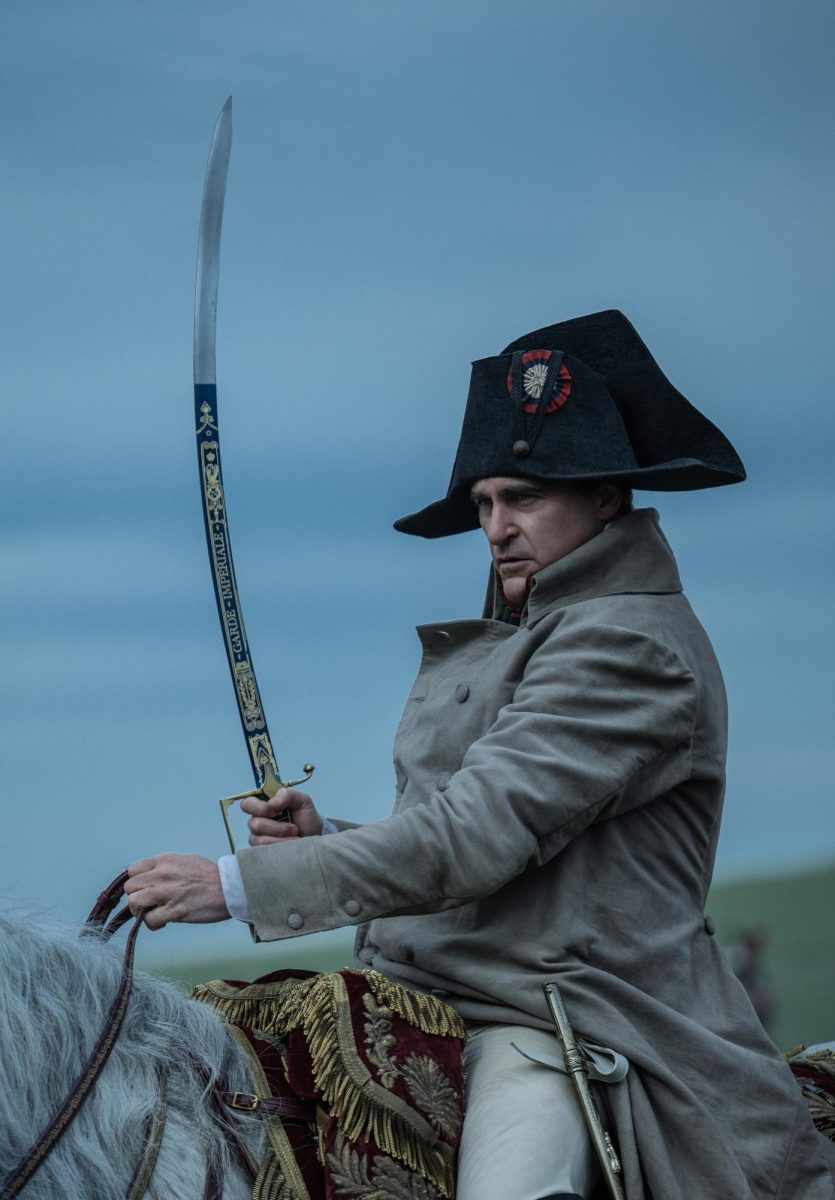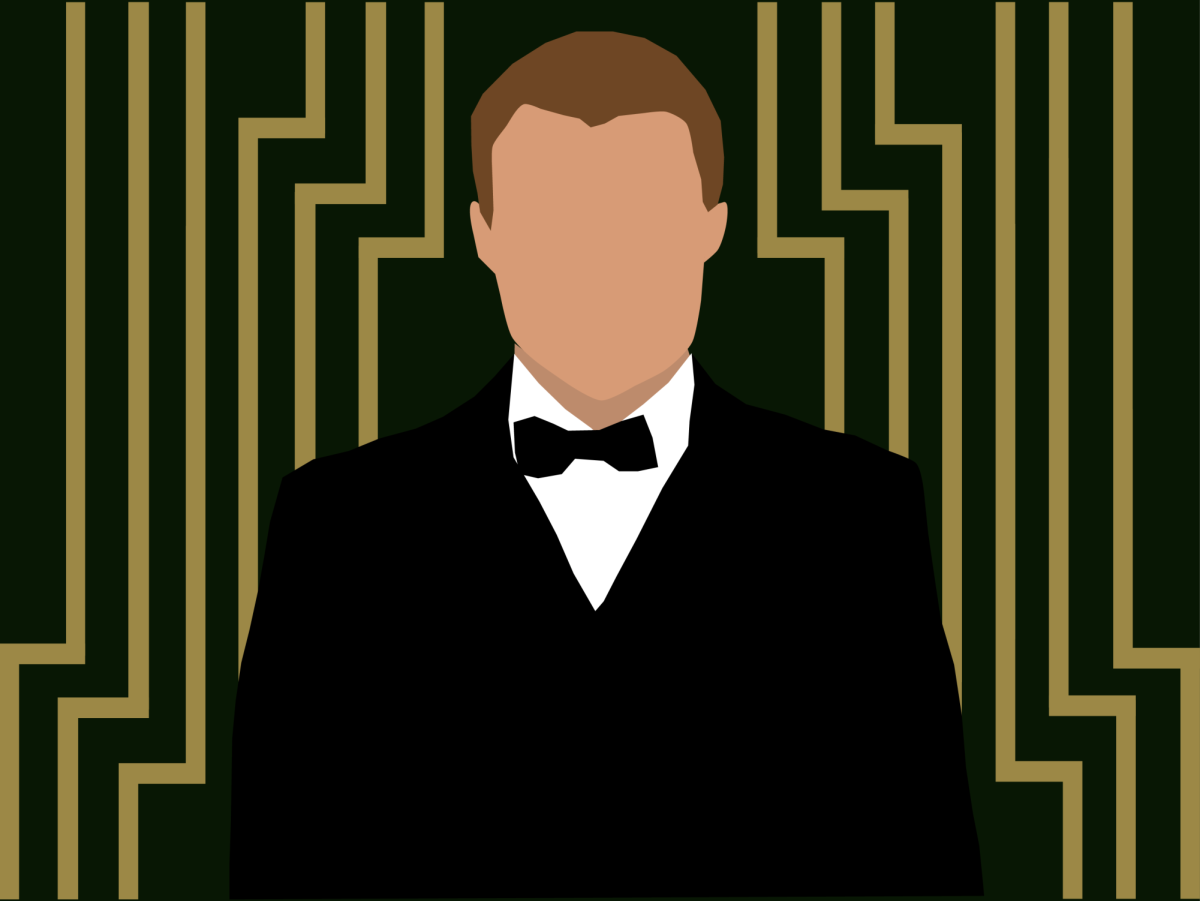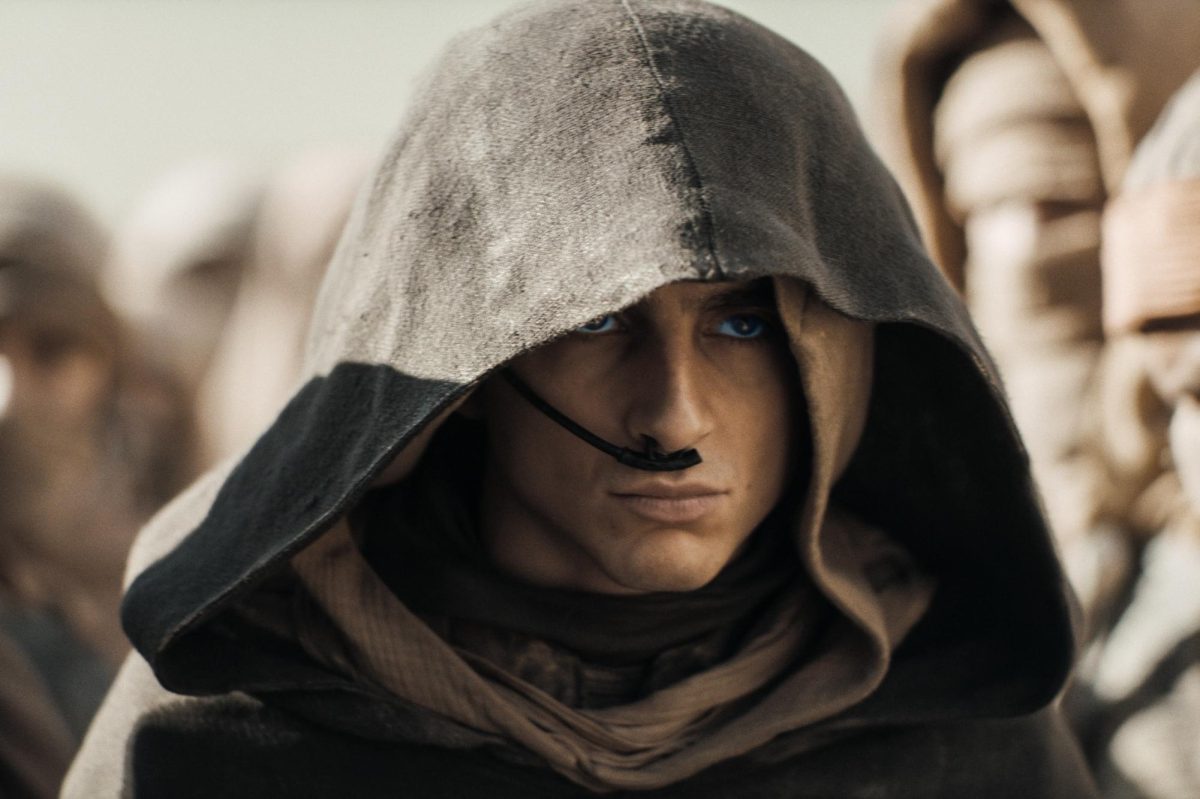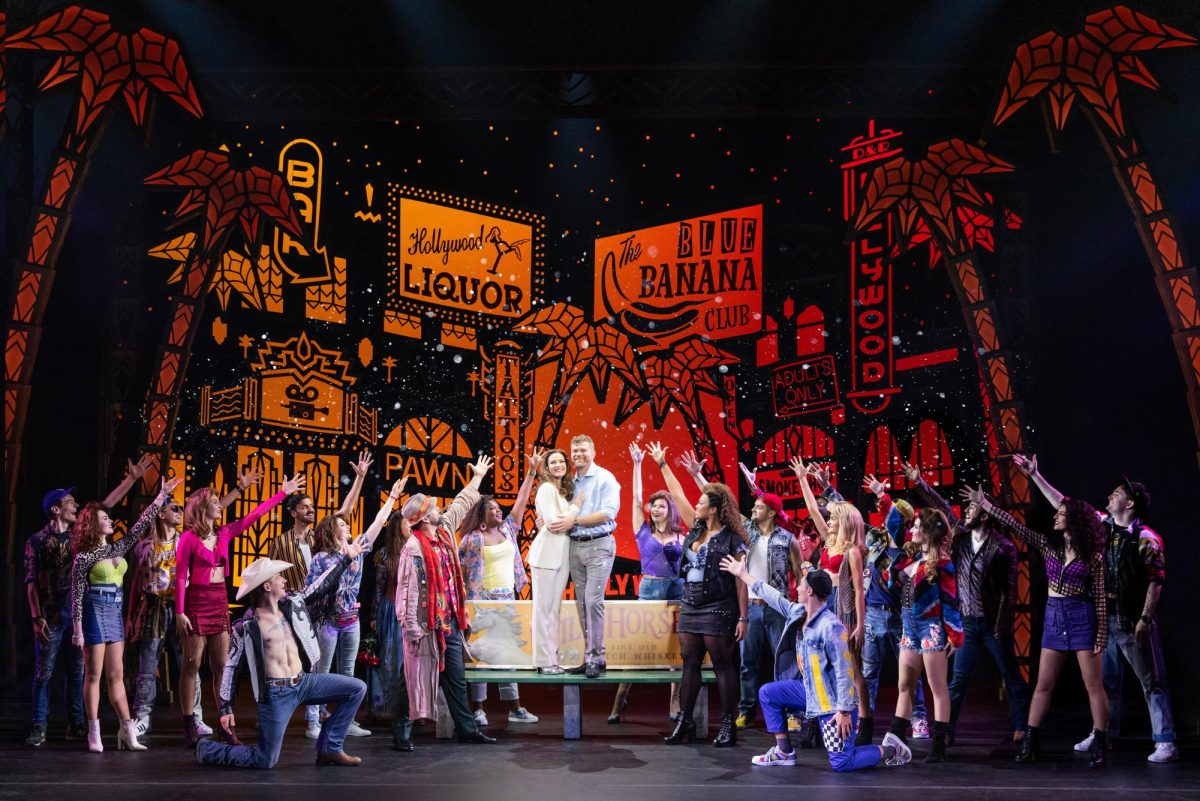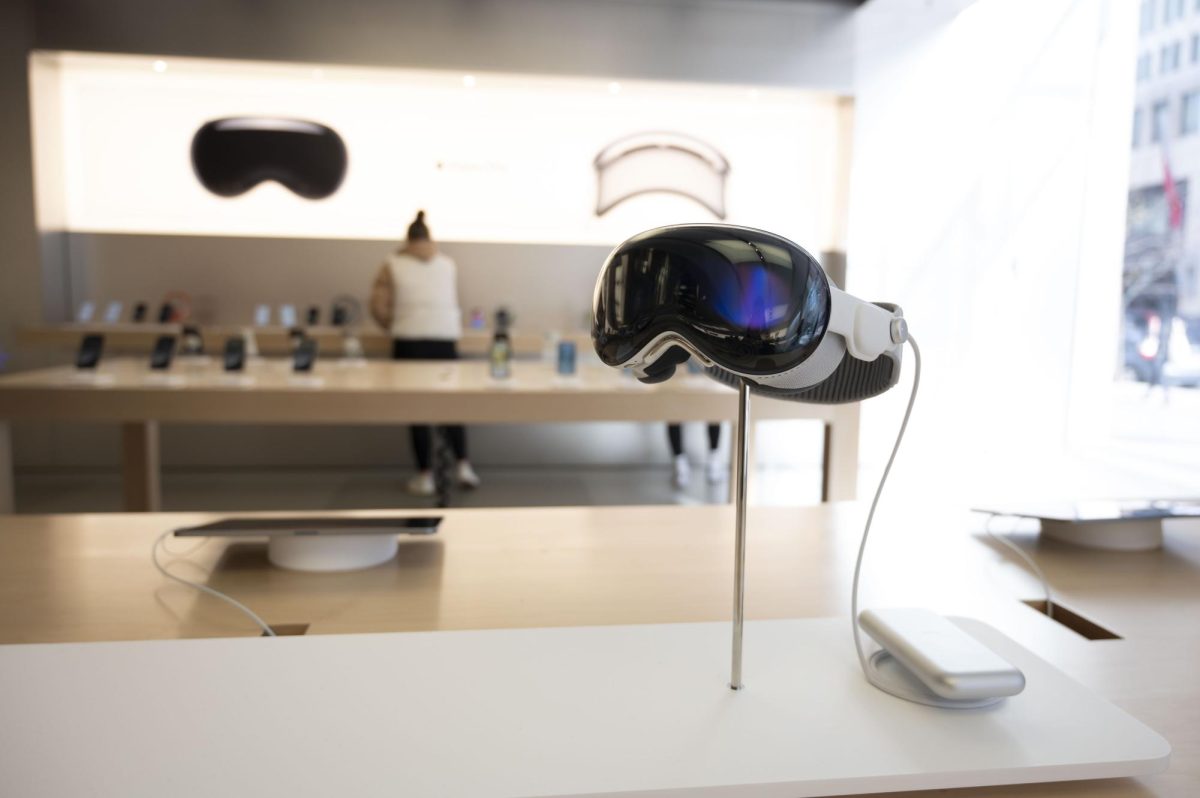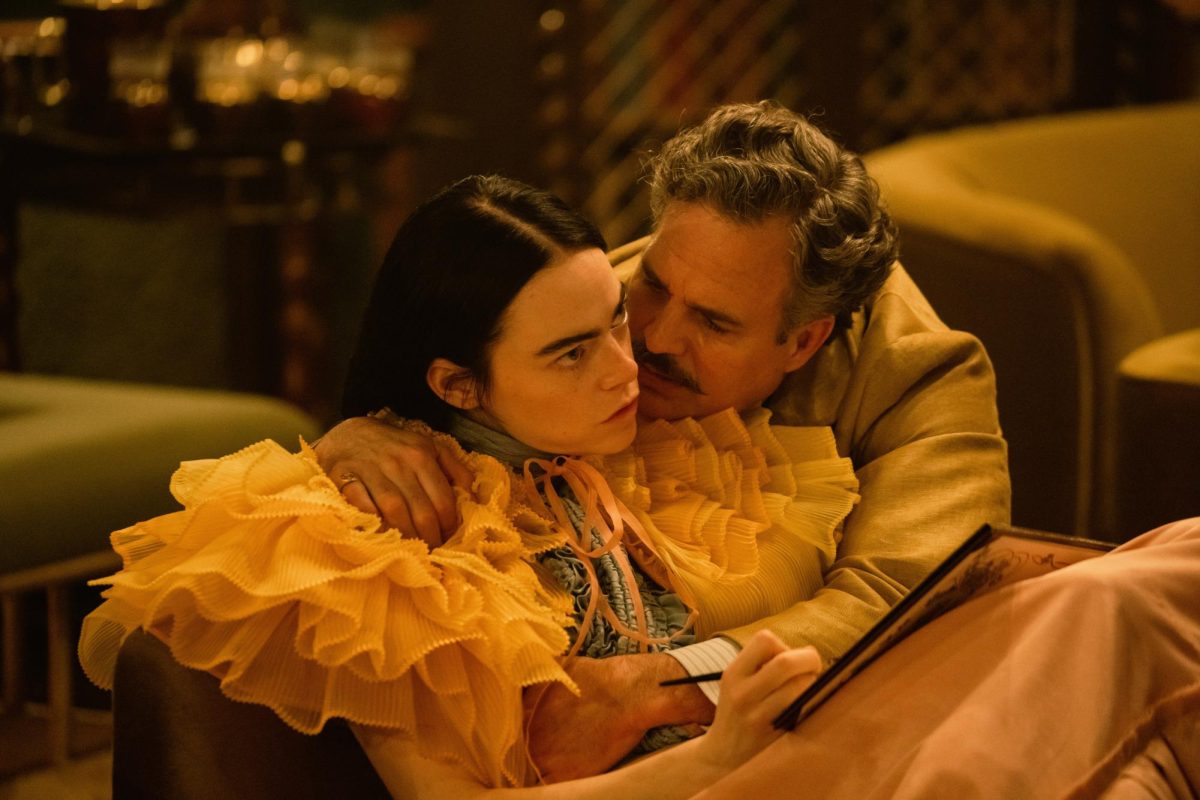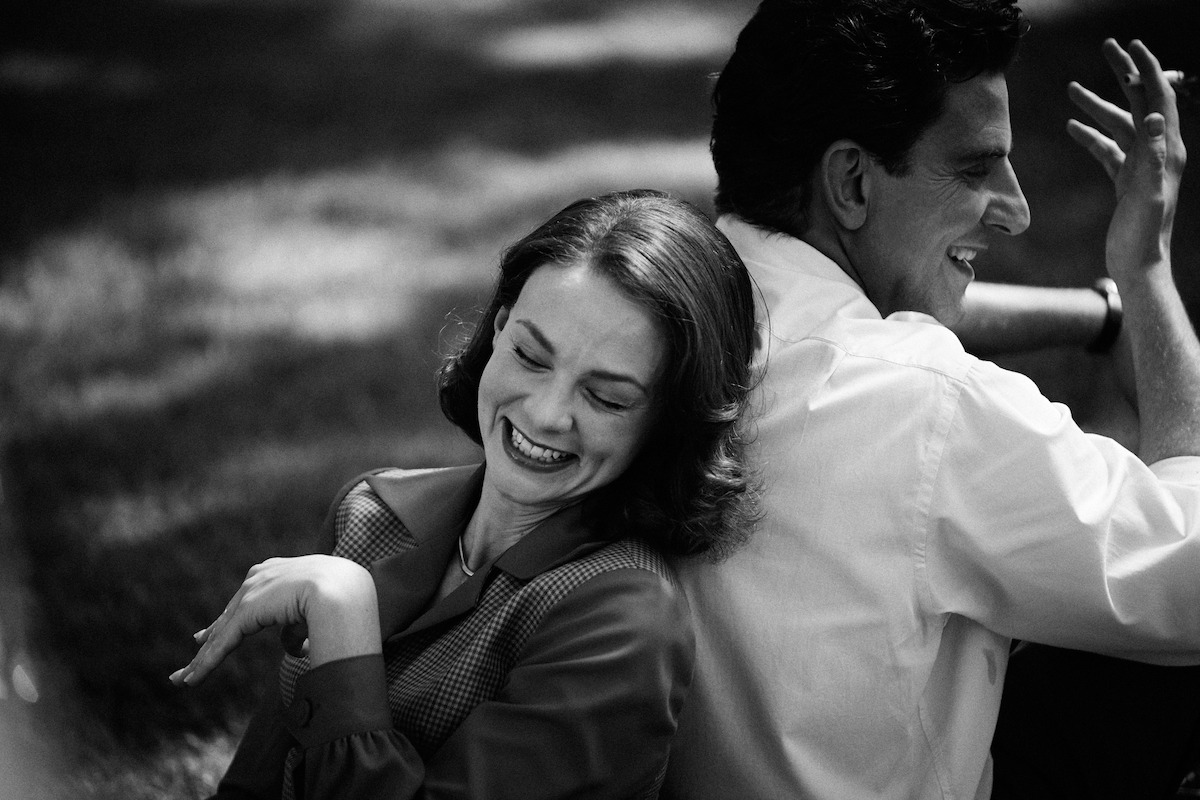Ridley Scott scoffs at historians’ critiques. His newest film, “Napoleon,” a 157-minute synthesis of perhaps the most enigmatic historical figure of all time, invites those slights by removing any iota of charisma from the title character and taking narrative shortcuts through both Napoleon Bonaparte’s (Joaquin Phoenix) rise to power and the Napoleonic Wars. While these gaps in storytelling and, at times, uncomfortable character portrayals are made up for with sweeping vistas and epic action scenes, “Napoleon” feels more puzzling in its lack of direction than the commanding epoch its titular character demands.
Beginning during the French Revolution and quickly rolling through Napoleon’s ascendance, critical moments in his early years rush by. There is no explanation for why Napoleon is suddenly referred to as “Caesar-like” — a defining label with that much gravity should feel earned, yet Napoleon’s reverence comes after one decisive victory.
When Napoleon meets Josephine (Vanessa Kirby), their relationship takes center stage as he tries to secure an heir for his growing empire. Phoenix’s most striking moments occur while he shares scenes with Kirby. His devolvement into a child throwing a tantrum fills the empty rooms they occupy with the commanding presence that should have been commonplace. Outside of those few moments, he is never as charismatic as the real figure was, as Phoenix’s performance is often muted. As a result, it becomes increasingly confusing how he could influence bands of troops to join him in the revolution.
Kirby’s Josephine, on the other hand, is a revelation. Her magnetic confidence makes for a striking fold to Napoleon’s character, and her complicated performance, ripe with errant glances and festering anxiety, dominates the screen as she consistently takes his eminence down a notch. However, her character is frequently left without a sense of importance, leaving her as another victim of this meandering screenplay; she is relegated to the story’s background after Napoleon divorces her. He occasionally detours to her residence, but these reunions often feel like forced dialogues rather than moments driving the characters forward.
It is that sort of unfocused plodding that dooms “Napoleon.” His arrival as emperor of France feels inconsequential. Perhaps this is because the film skips through Napoleon’s grand conquests in Italy for a nice set piece in Egypt. Or, maybe, it is because minor details that could underscore Napoleon’s impact, such as the victory at Austerlitz that ended the Holy Roman Empire, are omitted.
When the film does not spend extended minutes rehashing scenes between Napoleon and Josephine, it hits some truly epic beats. When the Russians realize they are trapped on thin ice, anxiety pulses through the theater walls — and that historical grandness feels undeniable. Similarly, as brief and fabricated as it may be, Napoleon’s troupe firing cannons into the pyramids of Egypt is the appropriate jumping of the shark that one would hope to see from a slightly fictionalized historical tale.
Some of the finer details make for good popcorn munching, but “Napoleon” has too little meat on its bones. The vistas are gorgeous, the old-time war brutality is bloody and the swashbuckling action has plenty of horses and cannons, yet the absence of Napoleon’s grandeur is too much to overcome. One of the core ideas behind “Napoleon” — that he was an otherworldly presence arriving in the right place at the right time and taking advantage of a vulnerable and changing world — is nowhere to be found. Lost between the dual plotlines of war and romance is the intrigue that such a bitter little man could ascertain such power.
Napoleon essentially willed himself to become emperor. He personified manifest destiny and used his genius, charm and loyalty to his men to achieve despotic power unprecedented in the era of French aristocracy. To torpedo his character with a concept that seems to be more interested in satirizing the Napoleon Complex is such a bizarre decision that it begs the question of what the point of this film is.
Perhaps a story like Napoleon’s is too large for life. Legendary director Stanley Kubrick visualized a massive, sprawling biographical film about him. The filming cost was too high, as Kubrick’s ambitious plans involved enlisting 40,000 soldiers and 10,000 cavalrymen from the Romanian People’s Army, and the project was eventually canceled.
While “Napoleon” is quite unfaithful to its titular character and his decades of triumphs and failures, it is not Phoenix’s shriveling portrayal nor the historical amnesia the script suffers from that will exile “Napoleon” from critical acclaim. The film appears indifferent toward its own scale and pushes away praise of Napoleon’s tactile prodigality or critique of his tyrannical leadership.
“Napoleon” simply exists. What could have been an opportunity for a complex epoch is more akin to a slideshow of the hits. Not even the greatest hits, just a few of them. There will almost certainly be another attempt at depicting Napoleon’s life on the silver screen. Perhaps the next one will understand the real nature of Napoleon’s twitchy and vulnerable ego-centered campaigns — and how there are many parallels to them in the modern world.







